Will Drones Improve Your Business?
The technological marvels of The Jetsons are now a reality. Drones, unmanned aerial vehicles or UAVs, are an important part of doing business for many companies, especially when delivering goods to customers. In the past few years, Amazon, Google, and Walmart have begun to invest heavily in drone delivery systems, but El Pollo Loco stands out with the recent launch of their pilot drone delivery service.
El Pollo Loco’s remote-controlled drones carry chicken orders hundreds of feet in the air and using a wire they drop the packaged food into the customer’s backyard. They’ve partnered with Flytrex, a turnkey drone delivery service for restaurants and retailers. But El Pollo Loco isn’t the only player in the drone delivery game – in 2019 Uber Eats started testing drone delivery in San Diego with McDonald’s. There is a good reason for businesses to invest in drone delivery systems – it’s cheaper. During the pandemic, the cost of delivery has increased two to three times year-over-year, and it’s the “last-mile delivery” that is costing the most. If retailers and restaurants are successful at mitigating last-mile delivery costs, we could witness a Jetsons-style occupation of our urban skies. But commercial drone use may face some legal challenges.
Drone Legal Challenges
As of now, the FAA tightly regulates drone use for commercial enterprises; they are giving licenses to a limited number of companies. A business must register each drone that can weigh no more than 55 lbs (drone + package), and they can’t fly higher than 400 feet. Plus, the drone must remain visible to the pilot at all times during the flight. Then there is the issue of air space and privacy. Property owners own the space above their home but it isn’t clear how far up those rights apply. And legal experts haven’t figured out what happens when a package is accidentally delivered to the wrong location. Then there is the human factor – how will people respond to drones buzzing around their apartment windows at all hours of the night as they deliver packages to customers in densely populated urban centers? It’s predicted that some drone companies and the businesses that employ them might face legal challenges for creating a nuisance or a hazard. But these are all unknowns because currently drone delivery systems are in a testing phase. The FAA is closely watching these tests to see how safe they are while businesses keep an eye on their profitability.
Beyond Drone Deliveries
Drone delivery of food and consumer items isn’t the only way to use UAVs. Many companies are discovering other practical ways to integrate drones into their business to cut costs and improve safety.
When a home inspector in Ohio fell and twisted his ankle, climbing on roofs to check their integrity was out of the question. Instead, he used a drone for his inspections and found that he could examine minute chimney cracks while remaining safely on the ground.
A forensics investigator also used drones to maintain his safety while getting a job done. He was hired to investigate a structurally unstable mine that couldn’t be explored with a robot or a human, so he remotely flew the drone inside and explored with ease.
In precision agriculture, drones are used to monitor crop and livestock conditions. This allows farmers to spot problems from the air that might not be easily discovered on the ground. For example, a farmer might find through time-lapse drone photography that part of his or her crop is not being properly irrigated.
UNICEF has issued guidance on how drones could be used to mitigate the harms of the pandemic. It recommends the usage of drones to deliver lab samples and medical supplies, for the aerial spraying of disinfectant in public areas, and public space monitoring during quarantine and lockdowns.
There are many other use cases currently employed by businesses and others yet to be imagined. How might you use drones in your company now or in the future?
Getting Your Drones Off The Ground
If you’re thinking about using drones in your business, here are a few things you might want to consider.
Partnering with a turnkey drone services company might be the right move especially if you are a retailer or restaurant owner. Drone delivery service companies have existing infrastructure that small and medium-sized businesses simply don’t have access to.
Know the FAA rules, but be aware that these rules are in flux. Currently, the FAA allows commercial drones to fly over private property, residential areas, and public streets. Drone pilots must be certified and each drone must be registered with the FAA. Drones are prohibited within a five-mile radius of airports–unless the airport is notified; stadiums an hour before and during events, and an hour after major events; and in certain dense urban areas.
If all goes as expected with commercial drones, we may see a serious increase in their usage in the coming years. Even if you’re not sure if you want to use drones in your company, be on the lookout for how drones might disrupt your business in the future.
Seattle Bankruptcy and Business Law Attorneys
Do you have questions about and bankruptcy and business law? Contact the experienced Seattle bankruptcy and business law attorneys at Wenokur Riordan PLLC today at (206) 724-0846 to discuss your situation.


